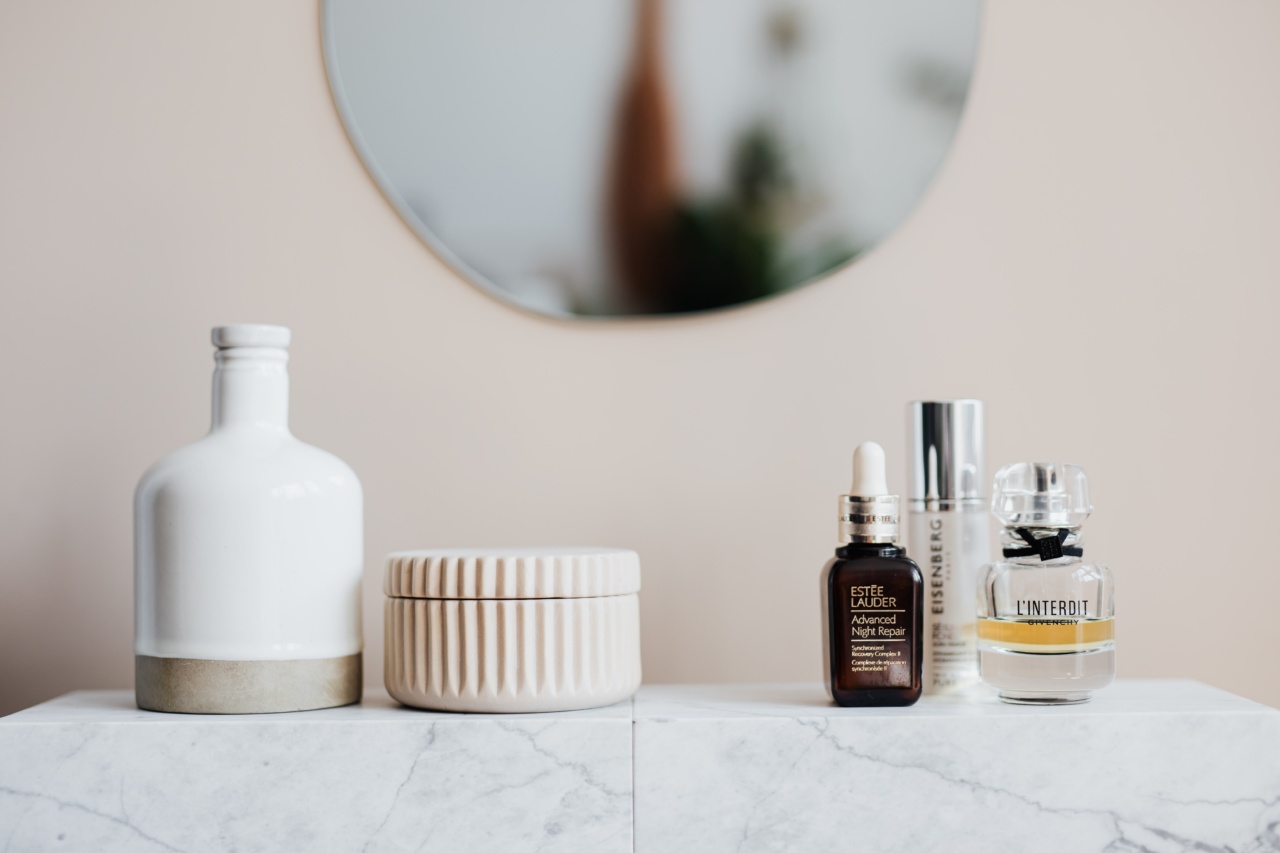Infidelity in a relationship can have devastating effects on individuals and families.
While it is impossible to determine with certainty whether someone is being unfaithful based solely on their facial shape, several studies have suggested a link between certain facial features and a propensity for infidelity. In this article, we will explore the various facial shapes that have been associated with infidelity and discuss the potential reasons behind this connection.
The Oval Face Shape
One facial shape that has been linked to a higher likelihood of infidelity is the oval shape. Individuals with an oval face shape tend to have a balanced and proportionate facial structure, with a slightly narrower chin and prominent cheekbones.
This facial shape has been associated with charisma and charm, which may make individuals more appealing to potential partners, increasing the temptation for infidelity.
The Square Face Shape
On the other end of the spectrum, individuals with a square face shape may also exhibit a greater tendency towards infidelity.
A square face shape is characterized by a strong and angular jawline, giving the individual a more masculine or dominant appearance. Some studies have suggested that individuals with a strong jawline may have higher levels of testosterone, which is associated with a greater inclination for seeking multiple sexual partners.
The Heart Face Shape
People with a heart-shaped face, characterized by a wider forehead and a narrower chin, may also be more prone to infidelity. The heart-shaped face exudes attractiveness and youthfulness, making individuals more likely to draw attention from others.
This constant attention and validation from potential partners may make it more challenging for individuals with a heart-shaped face to resist the temptation of infidelity.
The Round Face Shape
While not as strongly correlated as the previous facial shapes, some studies have suggested that individuals with a round face shape may also be more susceptible to infidelity.
A round face shape is characterized by soft and curved features, with a rounded chin and wide cheeks. This facial shape is often associated with warmth and approachability, which can make individuals more susceptible to the advances of others.
The Rectangle Face Shape
Similar to the square face shape, individuals with a rectangular face shape (or oblong) may also display a higher likelihood of infidelity.
The rectangular face shape is characterized by a longer and narrower face structure, with a prominent forehead and well-defined angles. Some researchers believe that the elongated face shape suggests higher levels of testosterone, which can contribute to a greater proclivity for seeking extramarital affairs.
The Diamond Face Shape
Individuals with a diamond-shaped face tend to have a narrower forehead and chin, with wider cheekbones.
While not extensively researched, there is some evidence to suggest that individuals with a diamond face shape may be more inclined to engage in infidelity. The wide cheekbones of the diamond shape are often associated with assertiveness and attractiveness, qualities that can potentially make individuals more susceptible to temptation.
The Triangle Face Shape
One of the less common facial shapes, the triangle shape, may also be associated with a higher likelihood of infidelity. The triangle face shape is characterized by a narrower forehead and a wider chin, creating an inverted triangular appearance.
Some researchers speculate that individuals with this facial shape may seek validation and affirmation outside their current relationships due to perceived inadequacies in their appearance.
The Oblong Face Shape
Individuals with an oblong face shape, also known as a long face shape, may exhibit a greater tendency towards infidelity. The oblong shape is characterized by a long and narrow face structure, often with a prominent chin.
While there is limited research specific to this facial shape, it is believed that the elongation of the face may contribute to feelings of dissatisfaction or restlessness, potentially leading individuals to seek excitement outside their committed relationships.
The Pear Face Shape
People with a pear-shaped face, characterized by a wider jawline and a narrower forehead, may also be more prone to infidelity. The wider jawline in the pear shape can enhance the masculine or dominant features of an individual’s face.
This enhanced masculinity, combined with increased self-confidence, may make individuals with a pear-shaped face more likely to engage in extramarital affairs.
The Inverted Triangle Face Shape
Lastly, individuals with an inverted triangle face shape, featuring a wider forehead and a narrower jawline, may also demonstrate a higher propensity for infidelity.
This facial shape, often associated with attractiveness and confidence, may draw attention from others, making individuals with this face shape more vulnerable to temptation.
Conclusion
It is important to note that these associations between facial shape and infidelity are not definitive and should be interpreted with caution.
Many factors contribute to whether an individual chooses to be faithful or not, and facial shape is just one of many variables. It is crucial to focus on open communication, trust, and mutual respect within relationships instead of solely relying on facial features to determine a person’s faithfulness.
Understanding these associations can help us gain insights into human behavior and motivations, but should not be used as a basis for making accusations or assumptions.


























